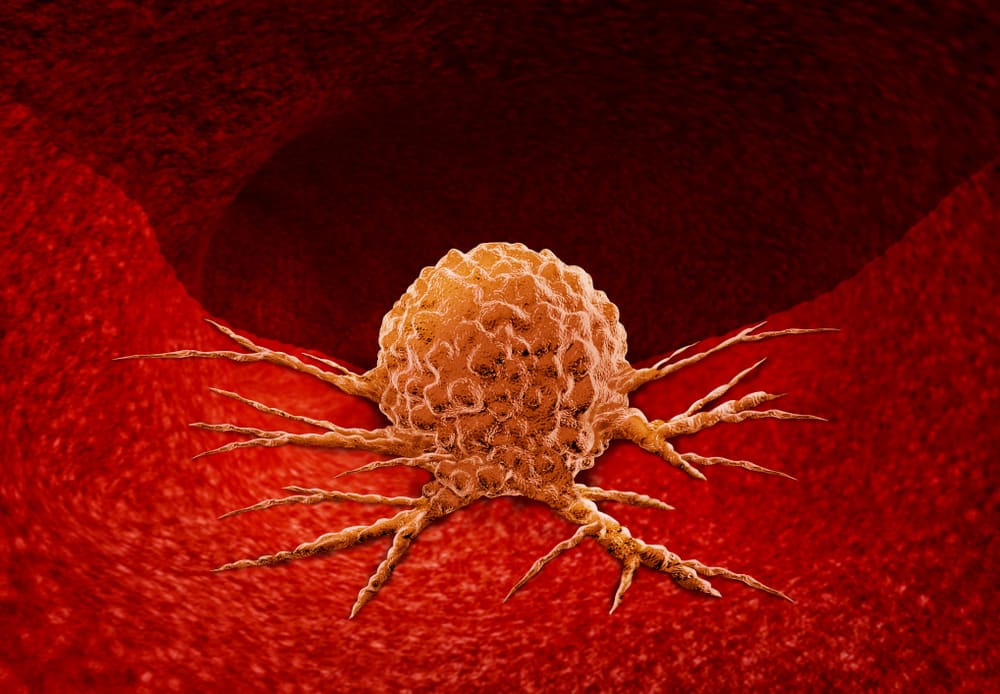Newsletter Signup - Under Article / In Page
"*" indicates required fields
Trinity College and St. James’s Hospital Dublin (SJH) in Ireland have entered into a strategic collaboration with Legend Biotech, a global biotechnology company developing, manufacturing and commercializing novel therapies.
Together, they will develop 3D models exploring chimeric antigen receptor T-cell (CAR-T) cell therapies in solid tumors.
CAR T-cell therapies are customized for each individual patient. They harness the body’s own T cells and re-engineer them in the laboratory to produce proteins on their surface called chimeric antigen receptors, or CARs.
CARs recognize and bind to specific proteins, or antigens, on the surface of cancer cells, destroying them. Currently CAR-T cell therapies show significant clinical efficacy in hematological or blood cancers and have been approved for the treatment of lymphoma, leukemia and multiple myeloma.
Solid tumors, however, have proved less vulnerable to immune detection than hematological cancers.
Advanced stages
The research collaboration will focus on hard-to-treat cancers, including lung, colorectal and gastric. Lung cancer is the leading cause of cancer death, making up almost 25% of all cancer deaths. Colorectal and gastric cancers are the second and fourth leading cause of cancer death worldwide, respectively. These three cancers are often diagnosed at an advanced stage and can be resistant to standard treatment. The research will be led by a clinical scientist and clinician team at Trinity/SJH, including Kathy Gately, Jacintha O’Sullivan and Maeve Lowery.
The research will be carried out at the Trinity Translational Medicine Institute, on the St. James’s Hospital campus, the only clinical site in Ireland with capabilities to perform CAR-T/ stem cell transplants.
The collaboration, driven by Legend Biotech’s Sharon O’Neill, associate director of business development and site operations Ireland, and William McCormack, Trinity Translational Medicine Institute, will run for 18 months.
Developing models
The collaboration aims to develop 3D models that will resemble the three tumor types for use in the discovery of new treatment targets and for screening novel CAR T-cell therapies. Through the collaboration, Legend Biotech and Trinity College hope to benefit their respective research programs and improve treatment options for patients.
Kathy Gately, clinical senior lecturer at Trinity College Dublin, said: “CAR-T therapies have shown prolonged remission rates in severe forms of blood cancer. Targeting solid tumors is more challenging due to the naturally low infiltration of T cells, and the tumor’s ability to dampen the immune response.
“The goal of this collaboration is to use 3D tumor models to advance these therapies in the treatment of solid tumors. We are delighted to be working with a global leader in CAR-T cell therapy with a base in Ireland and are excited about the potential this project has.”
Guowei Fang, senior vice president of research and early development at Legend Biotech, said: “Solid tumors represent approximately 90% of all adult cancers, but the greatest improvements in treatments and prognoses are seen in liquid or blood cancers.
“This collaboration seeks to decode solid tumors, deepening the global understanding of how they behave, and direct CAR-T therapy beyond blood to the rest of the body. We look forward to embarking on this important research with our partners, Trinity College Dublin and St. James’s Hospital in Dublin.”
Oncology R&D trends and breakthrough innovations







